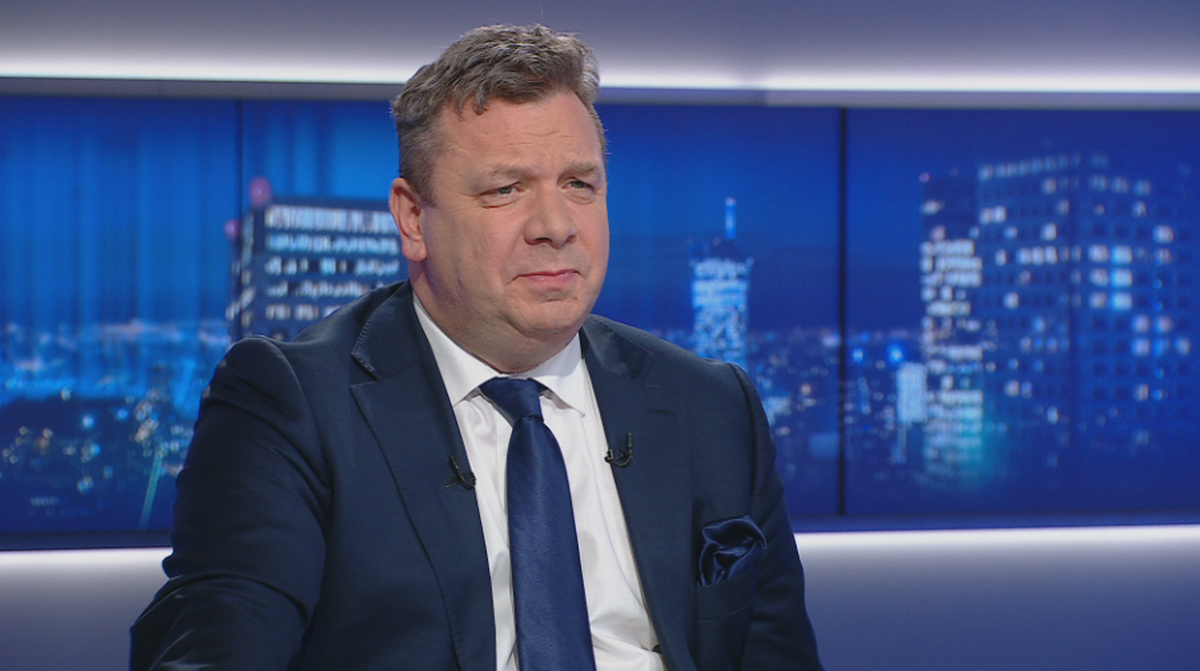Over the decades over Europe, the American safety umbrella has contributed to the weakening of European defence potential," the European Commission acknowledged in its justification for the plan to arm the Old Continent. The remedy is intended to be an unprecedented increase in investment in security. The Sejm adopted a resolution supporting the European Commission's plan.
At its Thursday meeting, the Sejm adopted a resolution on Poland's support for the European Union's reinforcement plan, which was included in the alleged White Paper presented by the European Commission this week. The plan's main call is to step up EU defence spending and to reconstruct the Community's economical possible rapidly. "The Sejm of the Republic of Poland underlines the request to increase the engagement and function of the European states within the NATO defence structure" - noted Members in the resolution taken.
In the course of the parliamentary debate on the resolution, the opposition, which yet voted against it, pointed out that the European Commission's proposed programme to strengthen Europe's defence is in contravention to NATO's plans and could be the beginning of a competitive construction for the structure Alliance. What happened to you? You had a good sense of threats from the East and even answers to them. You lost it completely, you lost your hearing. And now you have lost your ability to work for the good of the Republic," said Deputy Prime Minister Władysław Kosiniak-Kamysz. The head of the MON calculated that the EU resolution on the "White Paper" lists NATO as many as 16 times and argued that the improvement of the defence and industrial possible of the European Union countries would be both strengthening NATO, as well as Poland, which benefits from this possible in the face of threats from Russia.
– If Europe wants to spend hundreds of billions of euros present to strengthen its own security, to build its own capabilities in the field of border protection, to build anti-missile and air capabilities, Poland must not only participate in this, but besides to benefit from it," said Cezary Tomczyk, Secretary of State at the Ministry of National Defence during the debate. “We gotta do everything we can to get these billions of euros into our defence manufacture and our country,” he added.
The authors of the "white book" acknowledged that "overreliance on protection by the United States has weakened Europe's ability to defend itself and its autonomy in its own neighbourhood." The way out of the crisis is to implement European investment programmes quickly. Only through this will the production capacity of the European armaments manufacture be restored and the shortages in the equipment of the troops will be filled, built up in the years of saving on military expenditure. The paper mentions 7 areas in which the European Union has deficits and which request to be addressed quickly. These include: air and rocket defense, artillery systems, ammunition, drones, military mobility, artificial intelligence, and strategical factors supporting defence capabilities. In this second area, the European Commission has identified Tarcza East programme as an example of this kind of investment.
– This is very good news, which creates dozens of opportunities for EU backing not only for the Tarcza East project, but besides for defence projects in Poland and Europe," said Cezary Tomczyk in the Sejm. According to the Deputy Minister of Defence, the Polish government has already negotiated a preliminary agreement with the European Investment Bank of EUR 1 billion to finance the construction of a belt of military fortifications on the border with Russia and Belarus. backing from the EIB is intended to invest in satellite communications, electronic recognition and improve the mobility of own troops.
Deputy Prime Minister Kosiniak-Kamysz, referring to the anticipation of obtaining European funds for the Shield of the East, pointed out that the planned task budget, or PLN 10 billion, will surely be increased and the programme supplemented by further elements.
In order to drive investment in key areas, the Commission has adopted respective financial solutions. Above all, the Union will allocate EUR 150 billion to loans to associate States that are to finance arms spending. These will be low-interest and long-term loans (up to 45 years), with a deferred maturity (up to 10 years after the mobilisation of the funds). The condition for them is that 65% of the planned expenditure is located in Europe. According to the information provided by the Ministry of Finance, Poland expects a debt pool of about EUR 20 billion.
Furthermore, the Commission agreed to loosen the restrictions on expanding the national budget deficit. For a period of 4 years, defence spending, to the equivalent of 1.5% of the country's GDP, will not be included in the expenditure pool erstwhile applying the excessive deficit procedure. Moreover, the EC has granted associate States the right to transfer appropriations under the EU budget.
In the White Paper, the European Commission has ensured that the announced plans do not mention building a common European army or shifting decision-making in areas of safety and defence to a Community level. "Member States will always be liable for their own troops, from the improvement of doctrines of usage to deployment and for defining the needs of their armed forces. The Union will act in specified a way as not to undermine the circumstantial nature of the safety and defence policy of the associate States and to take account of the safety and defence interests of all associate States", the paper states.



